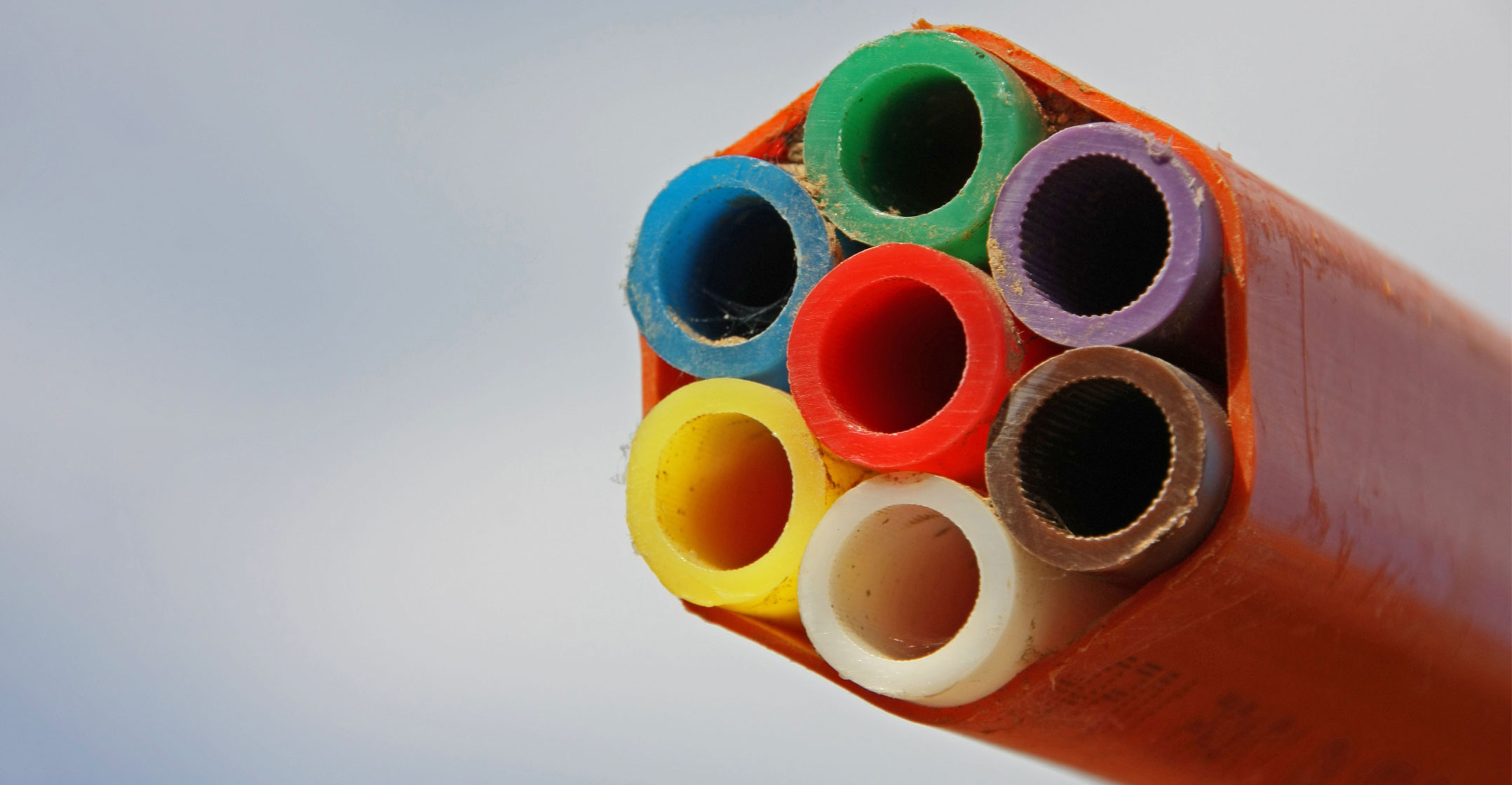 With a proper fibre communications infrastructure in place, South Africa will finally be able to address major issues of poverty and job creation. The root cause of our widespread poverty and unemployment lies in a lack of access to information, exacerbated by the lack of fibre connectivity.
With a proper fibre communications infrastructure in place, South Africa will finally be able to address major issues of poverty and job creation. The root cause of our widespread poverty and unemployment lies in a lack of access to information, exacerbated by the lack of fibre connectivity.
As the adage goes, “knowledge is power”. And without access to information, you don’t have the ability to build knowledge and learn. Fibre gives you that access, and in turn, knowledge and power.
We, however, still seem to forget about the communities in small towns, peri-urban and rural areas when we think about providing access for “everyone” in the country.
The haves and have-nots
It is imperative to find ways to bring fibre Internet to all communities in South Africa, especially the poor.
According to Statistics South Africa, there were 38.1 million active Internet users in January 2021. That compared to a population of about 60.1 million people, leaving a large number, 22 million, without any access, let alone fibre access. Stats SA indicated that only 1.5 million South African households had fibre and ADSL Internet at home in 2020, which is outrageous.
I’m sure these numbers have increased over the past two years, but the digital divide remains a reality, with most of the households without Internet access living in rural areas or townships.
To bridge the digital divide, it’s imperative to attract investments in fibre infrastructure to get the entire country covered. This will mean that the private sector will have to do more to make this happen, as the government can’t do it alone.
There has been a growth in the number of fibre network operators (FNOs) in the past couple of years competing for business, a clear indication that there is a genuine need for this service and that there are profitable opportunities in the space.
The focus of investors should now shift to rural development and not only be centred on affluent areas. They should target disadvantaged communities and bring those areas on par with the metropoles. This is how the digital divide gap will be decreased. It will lead to true empowerment of the disadvantaged and greater economic growth and prosperity.
Benefits
For consumers, fibre means access to new forms of convenience tied to entertainment, communication, commerce and education. Take the growth in e-commerce and the development of online shopping and home delivery services in the past two years as an example. This was possible because of fast Internet broadband access during the height of lockdown restrictions.
For businesses, fibre means access to more clients and the expansion of product and service offerings, which leads to greater economic growth and more economic stability.
Providing fibre to small towns and rural areas will be beneficial in terms of overall growth opportunities. With the increased access to information and services, South Africa’s GDP growth will improve.
Fibre access broadens people’s scope of learning due to the access to information and has a positive impact on both children’s and adults’ education and learning. For students, it means being able to download homework assignments quickly, upload papers, connect with their classmates, peers and teachers, and allows them to do more in-depth research on projects.
For adults, it offers the ability to increase their knowledge of factors affecting their immediate surroundings, allowing them to make more informed decisions to find solutions to their specific problems and better their current circumstances.

Fibre Internet connections will increase the level of overall education in our country and enable individuals to create opportunities for themselves to climb out of the dark pit of poverty. With fibre and access to information, people are driven to create their own employment and become self-sustainable when jobs are unavailable. Fibre can thus be seen as a possible answer to the country’s large unemployment problem.
The challenge right now
The toughest hurdle to overcome in the roll-out of fibre nationwide is to increase investments in fibre infrastructure in rural areas. This might not seem profitable, but can be.
Even though the cost of fibre has over the years come down to be more affordable, it is by no means cheap. Getting investors’ buy-in and showing them that there is a market for fibre in rural areas – which there clearly is – is the main challenge.
In the greater scheme of things, investing in fibre infrastructure across all regions and rural areas can only lead to positive results. We have seen this happen in towns such as Upington and Kathu in the Northern Cape, where we have installed fibre and seen huge growth, development and prosperity for individuals, communities and businesses.
- The author, Bradley Bekker, is head of brand at Evotel
- This promoted content was paid for by the party concerned

